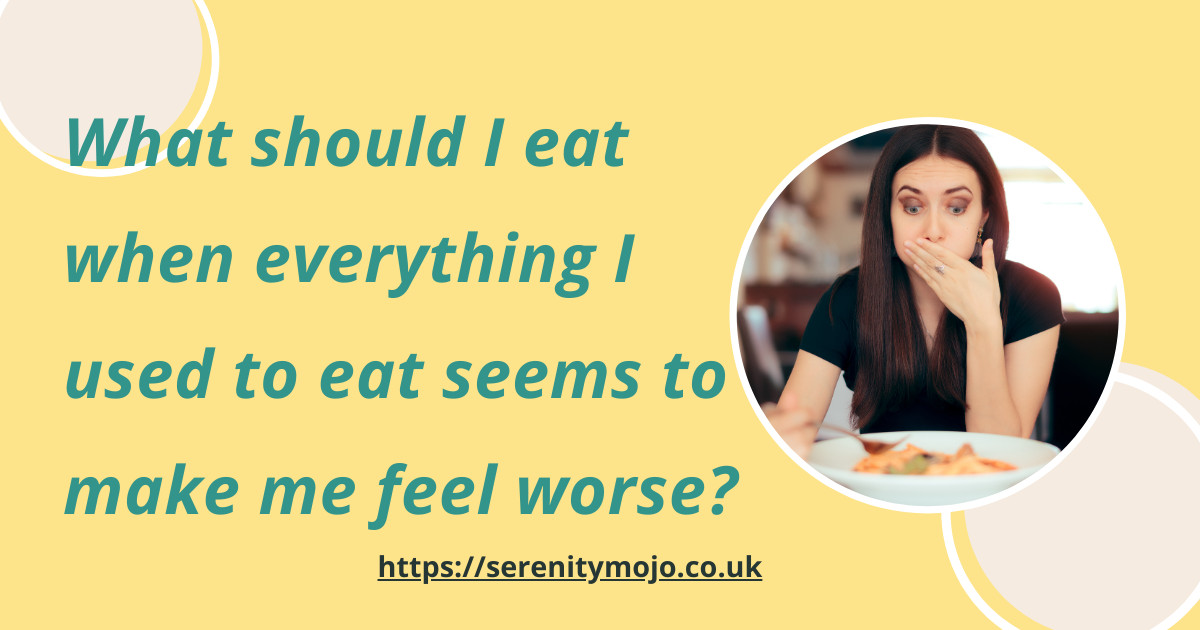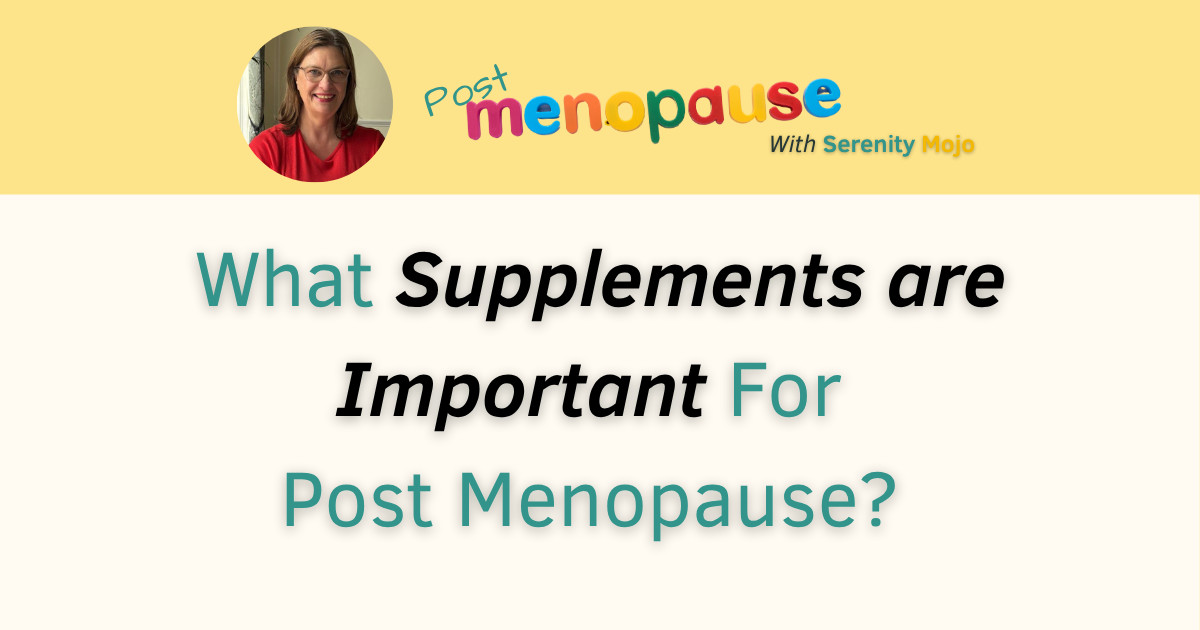
The IBS Struggle: Why Eating Well Doesn’t Always Feel Good
Many women assume they’re eating healthily, yet still struggle with bloating, discomfort, and unpredictable digestion. If you’ve been filling your plate with whole grains, raw veggies, and legumes but still feel sluggish and bloated, you’re not alone.
Irritable Bowel Syndrome (IBS) is a functional bowel disorder, meaning everything looks normal under medical examination, yet digestion doesn’t function as it should. IBS affects gut motility, hormone balance, and the nervous system, making certain foods hard to tolerate.
Let’s explore why some “healthy” foods might be making things worse and how simple swaps can help you feel better.
When Healthy Foods Trigger IBS Symptoms
1. Raw Vegetables and Cruciferous Greens
Raw veggies like kale, cabbage, and broccoli are packed with nutrients, but they also contain insoluble fiber and fermentable carbohydrates (FODMAPs) that can be tough on sensitive guts. Insoluble fiber can speed up digestion too much (leading to diarrhea in IBS-D) or slow it down and cause bloating (common in IBS-C).
Better Option: Lightly cook your vegetables by steaming or roasting. Cooking breaks down fiber and makes digestion easier.
2. Whole Grains & High-Fiber Foods
Whole grains like bran, quinoa, and brown rice are praised for their fiber content, but too much insoluble fiber can trigger IBS flares by irritating the gut lining.
Better Option: Choose lower-FODMAP grains like white rice, oats, or sourdough bread. Prioritize soluble fiber from foods like sweet potatoes, bananas, and well-cooked carrots.
3. Legumes & Beans
Lentils, chickpeas, and black beans are rich in plant protein and fiber, but they contain galacto-oligosaccharides (GOS), a type of fermentable carb that can cause excessive gas and bloating.
Better Option: Try soaking beans overnight and cooking them well to break down these fermentable fibers. You can also opt for smaller portions or swap beans for protein sources like tofu or eggs.
4. Dairy and Lactose
Even if you’re not lactose intolerant, dairy can trigger IBS symptoms due to its lactose content and inflammatory proteins.
Better Option: Choose lactose-free dairy products or alternatives like almond, coconut, or other nut milks.
5. Artificial Sweeteners & Sugar Alcohols
Sugar-free products often contain sorbitol, xylitol, or maltitol, which can be difficult to digest and lead to bloating, cramps, and diarrhea.
Better Option: Stick to natural sweeteners in small amounts, such as honey or maple syrup (if tolerated).
The Gut-Stress Connection: Why IBS Symptoms Fluctuate
The gut and brain are deeply connected through the gut-brain axis. Stress can:
- Slow down digestion (leading to constipation)
- Speed up digestion (causing diarrhea)
- Increase bloating and gut spasms
- Affect the balance of gut bacteria
Hormones like cortisol, serotonin, and oestrogen influence digestion. Women often notice IBS symptoms worsening around their menstrual cycle due to hormone fluctuations.
How to Support Your Gut-Brain Connection:
- Practice mindful eating – chew food thoroughly to support digestion.
- Manage stress – techniques like deep breathing, yoga, or short walks can reduce IBS flares.
- Balance blood sugar – avoid the blood sugar rollercoaster by eating protein and healthy fats with your meals.
Simple Swaps to Improve Digestion
- Cook your veggies instead of eating them raw.
- Opt for white rice over brown rice if fiber makes you bloat.
- Choose sprouted or soaked legumes to reduce bloating.
- Drink herbal teas (peppermint, ginger, fennel) to soothe digestion.
- Try digestive enzymes if certain foods feel heavy.
Take Control of Your Gut Health
If you suspect certain foods are triggering your IBS symptoms, tracking what you eat and how you feel can provide valuable insights.
✨ Ready to Tune In to What Your Body’s Really Telling You? ✨
There’s a way to feel better—and it starts with clarity.
There’s a way to feel better—and it starts with clarity.
🌻 Track What Matters – Grab your free Wellness Tracker to start uncovering patterns.
🌻 Get a Personalised Review – Book your Serenity Health Review—a deep dive into your health story with tailored recommendations.
🌻 Ready to Go Deeper? – My wellness programmes guide you through hormone, energy, and gut support—without the overwhelm. You can Find Your Balance here.
🌻 Get a Personalised Review – Book your Serenity Health Review—a deep dive into your health story with tailored recommendations.
🌻 Ready to Go Deeper? – My wellness programmes guide you through hormone, energy, and gut support—without the overwhelm. You can Find Your Balance here.
to begin at your own pace.
Like what you’re learning? Let’s keep this going.
Subscribe for expert-backed guidance on vitality, balance, and healthy ageing—delivered in plain English, never overwhelm.
Subscribe for expert-backed guidance on vitality, balance, and healthy ageing—delivered in plain English, never overwhelm.










0 Comments